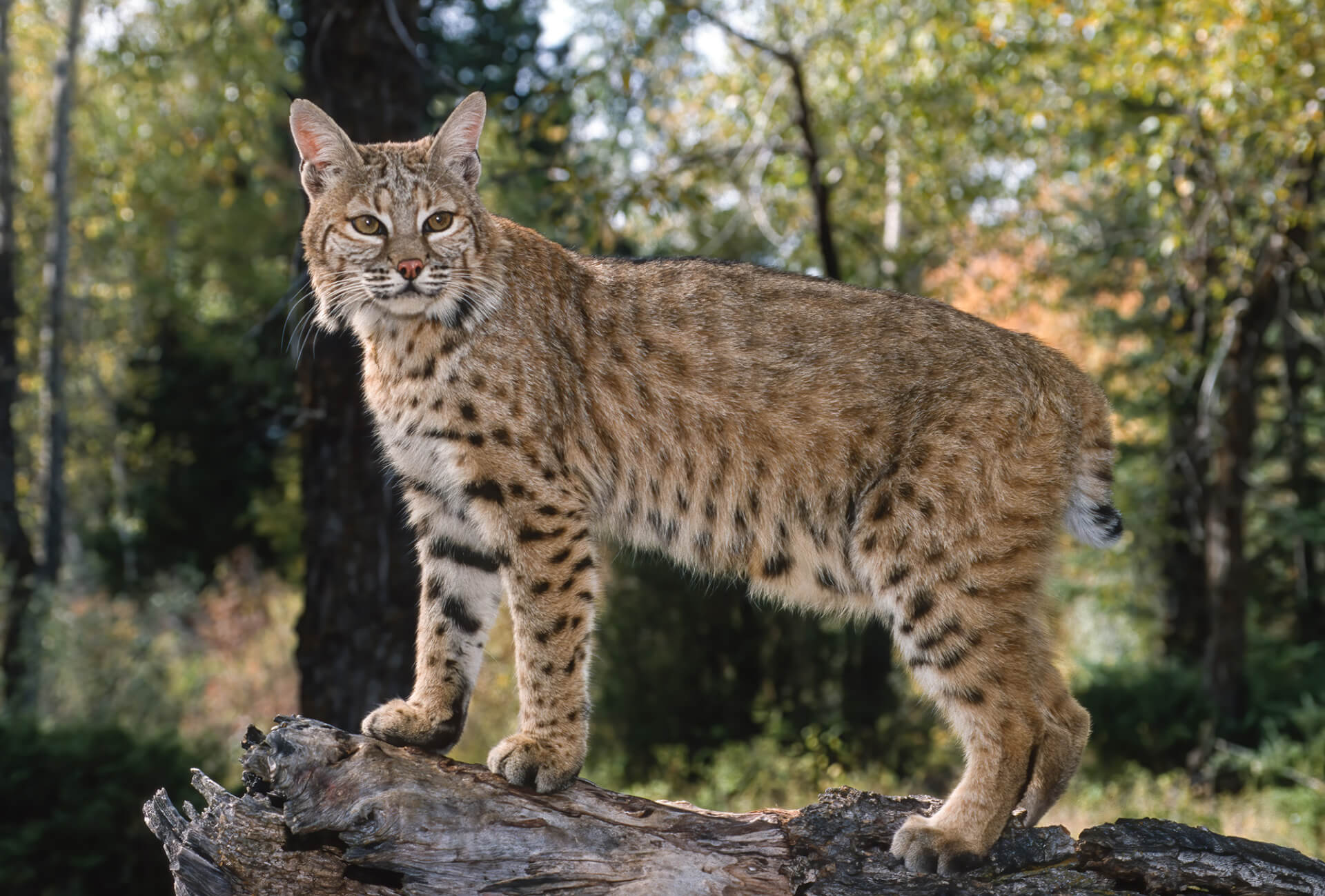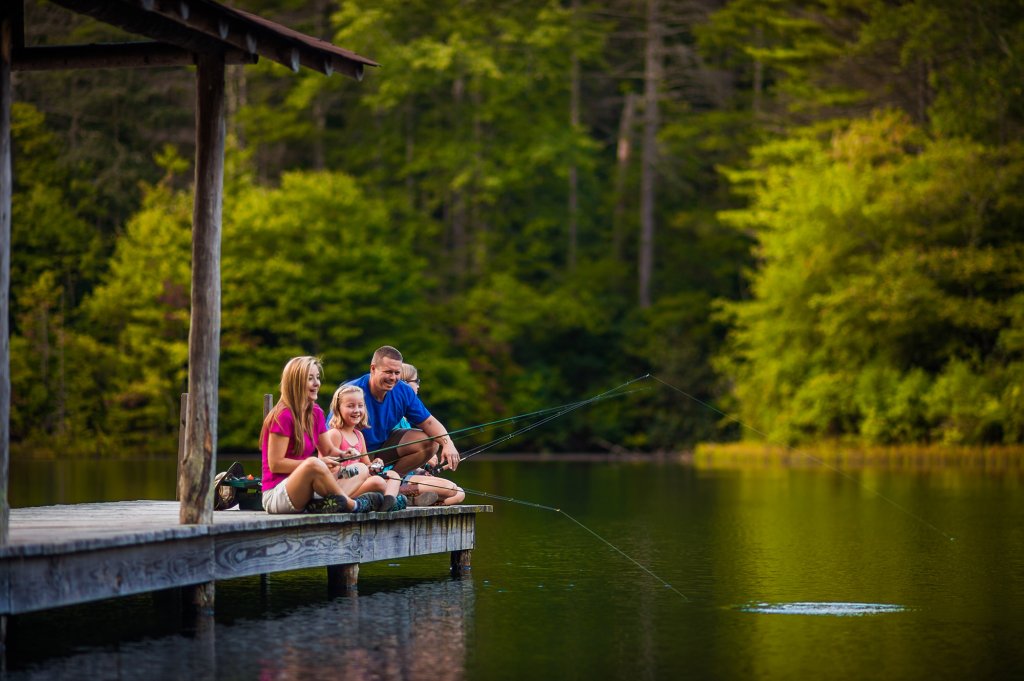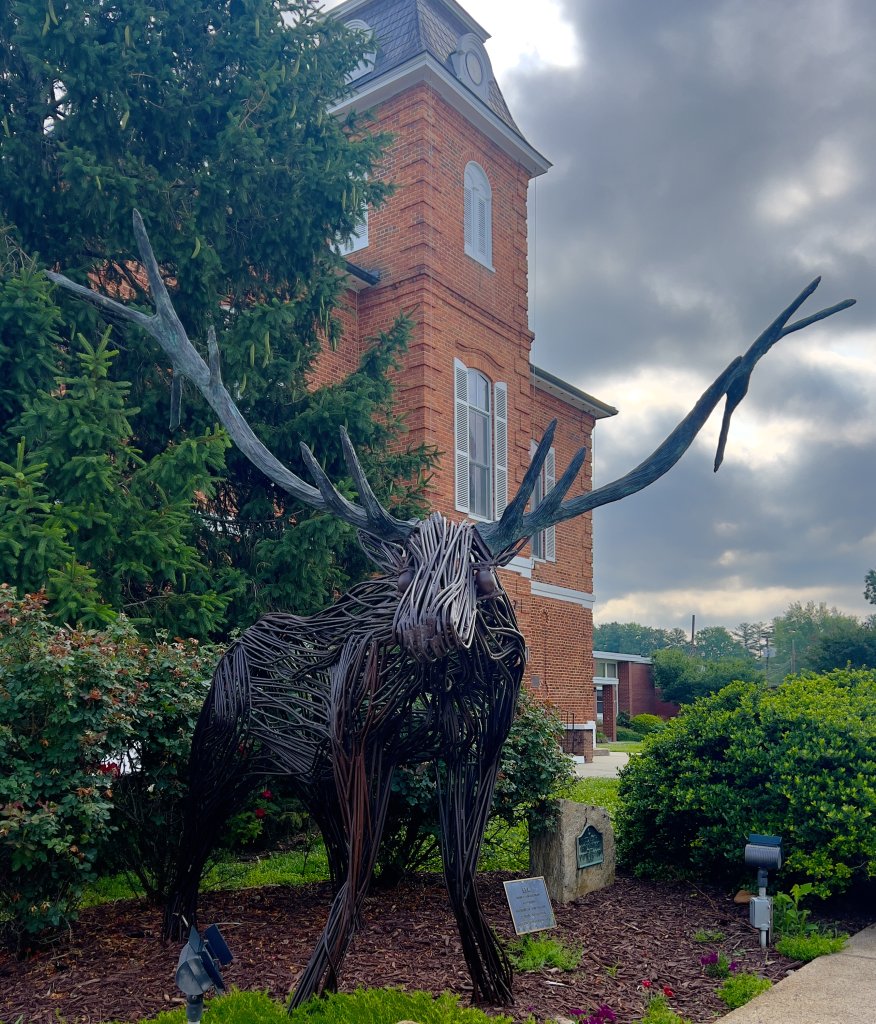Masters of Stealth in Our Forests
Bobcats are one of the most fascinating yet rarely seen wild animals in our region. Though they are quite common, their secretive nature and preference for dawn and dusk activity make encounters with them a special experience. With sharp senses of sight, hearing, and smell, they can detect humans long before we even realize they’re nearby, slipping away silently into the underbrush before we get a glimpse.
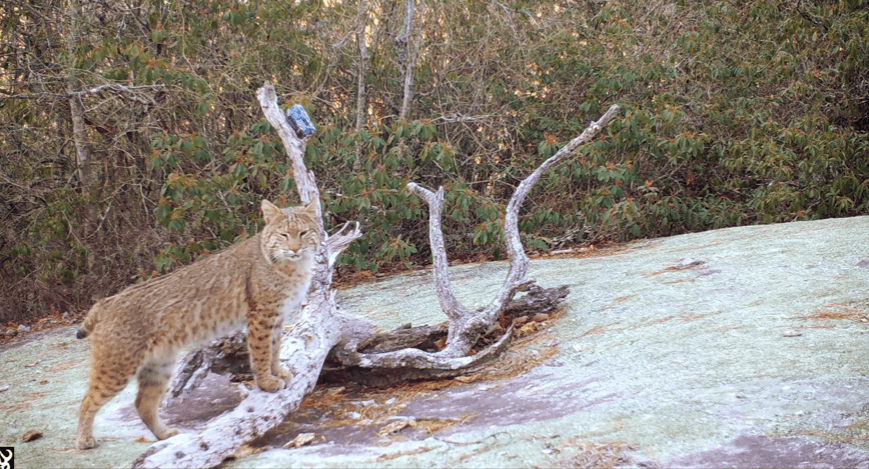
A Solitary and Skilled Hunter
Bobcats lead largely independent lives, coming together only briefly for mating in February or March. They are expert hunters, with rabbits making up the bulk of their diet, though they will also prey on other small mammals when the opportunity arises. Their patience, agility, and sharp reflexes make them highly effective predators, helping to maintain balance in the ecosystem.
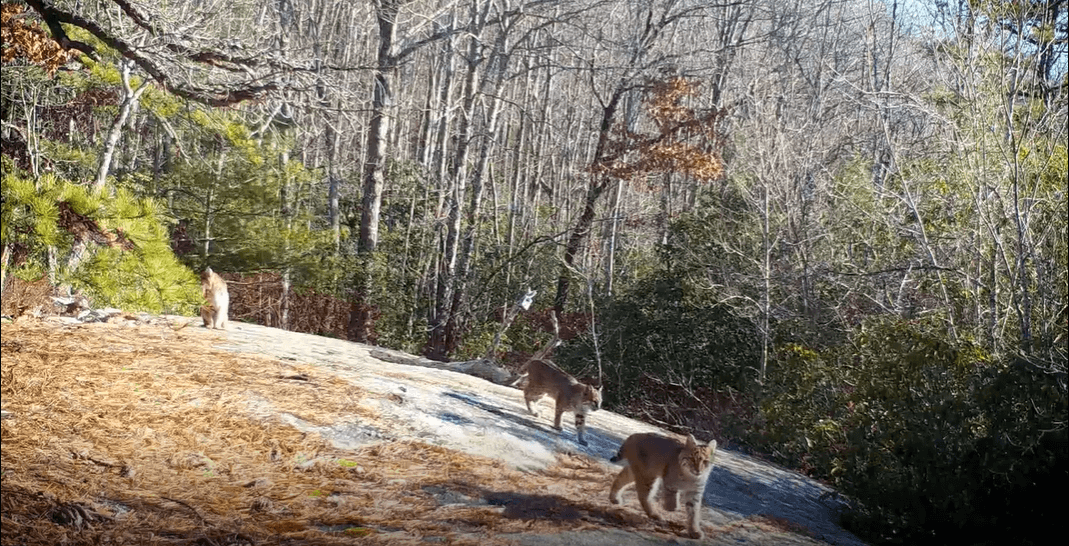
Challenges for the Young
While adult bobcats have no natural predators, life can be more perilous for their young, known as kittens. In this area, great horned owls, coyotes, foxes, bears, and even adult male bobcats can pose a threat to them. Despite these dangers, bobcats have adapted well to their environment and continue to thrive in our region’s forests.
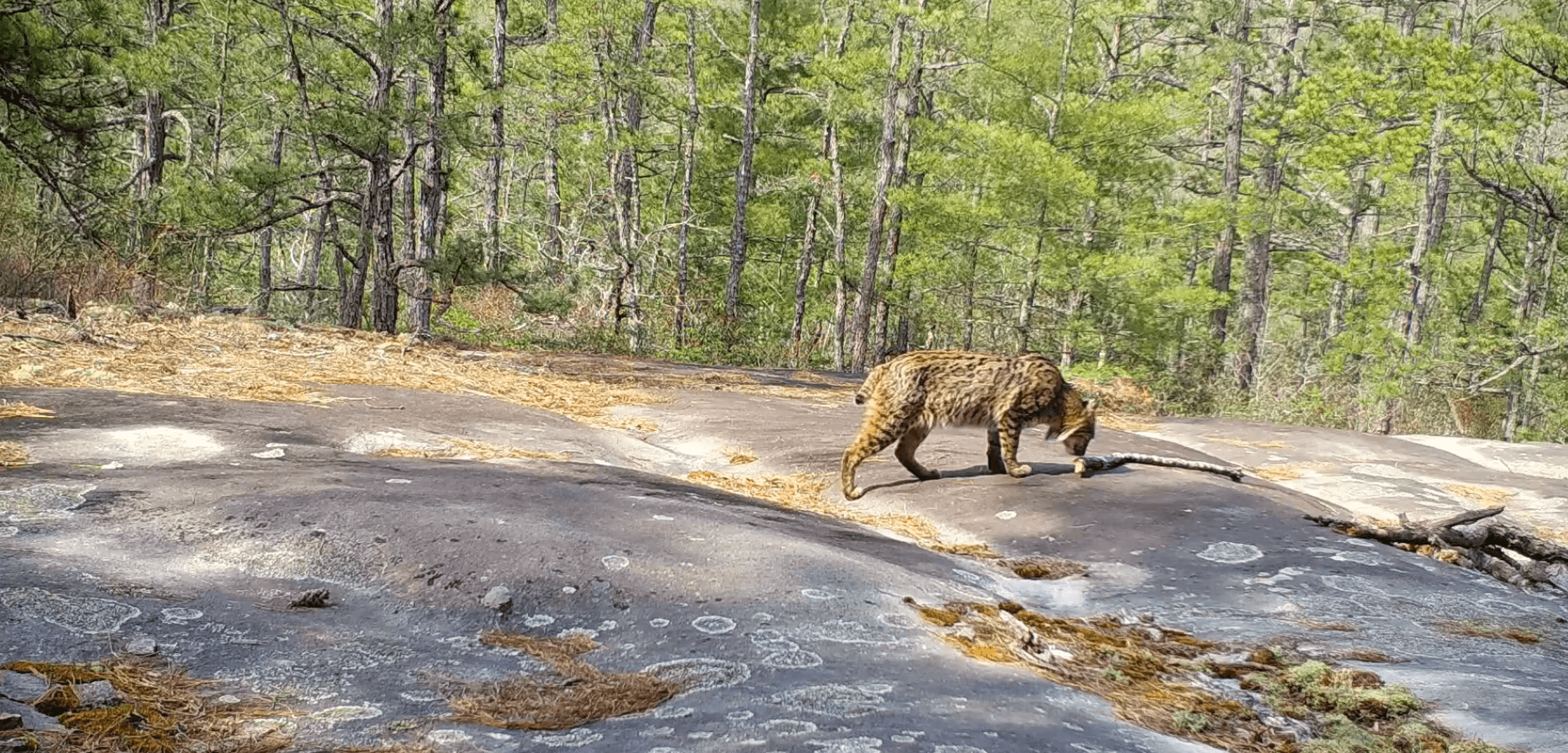
A Unique Coat for Every Cat
No two bobcats look exactly alike. Most have distinctive spots and stripes, but some have little to no patterning at all. Others, like the bobcat featured here, display striking markings similar to an ocelot. This variety in appearance is just another example of the beauty and diversity found in our region’s wildlife.
Bobcats play an important role in maintaining the natural balance of our forests. While they may be elusive, their presence is vital to the ecosystem. The next time you explore the great outdoors, keep in mind—you may be sharing the trail with one of these incredible wildcats, even if you never see them.
Content Provided By
Friends of DuPont Forest
About Friends of DuPont Forest
Friends of DuPont Forest is a nonprofit organization dedicated to protecting and enhancing the natural beauty and ecological health of DuPont State Recreational Forest. Through advocacy, volunteer efforts, and educational initiatives, they help maintain trails, preserve wildlife habitats, and ensure that future generations can continue to enjoy this treasured landscape.

